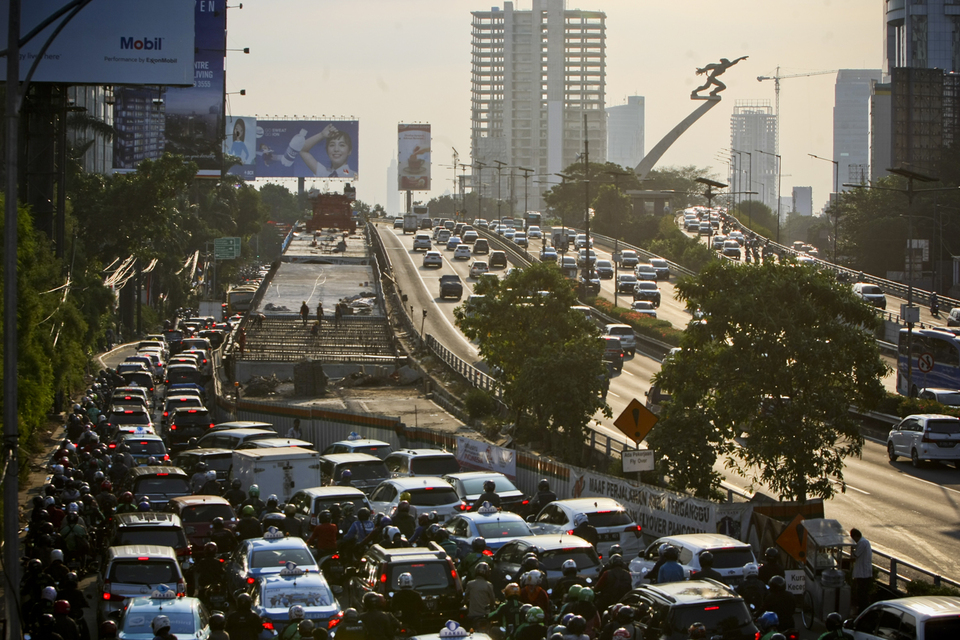IDNAround – Home Affairs Minister Tito Karnavian has issued a circular calling for Jakarta’s governor, along with mayors and regents in the Greater Jakarta area, to adopt a partial work-from-home policy as a measure to combat air pollution in the capital city.
This policy applies to employees within local governments, state-owned enterprises, and municipally-owned companies, with the exception of those directly engaged in public service roles, an official said on Wednesday.
The arrangement involves a 50:50 division between on-premise work and remote work, alternating between employees, said Safrizal, the Director General of Administrative Management at the Home Affairs Ministry.
“Employees directly involved in providing public services are exempt from this policy,” Safrizal told Antara news agency.
The primary objective of this policy is to mitigate vehicle-based carbon emissions in Jakarta, which was recently labeled the world’s most polluted major city by air monitoring firm IQAir. The air quality index in Jakarta has regularly surged beyond 152, significantly surpassing the 100 threshold that indicates unhealthy conditions.
This move aligns with a directive from President Joko Widodo, who discussed the issue in an emergency meeting with acting Jakarta Governor Heru Budi Hartono, West Java Governor Ridwan Kamil, Transportation Minister Budi Karya Sumadi, Health Minister Budi Gunadi Sadikin, and other relevant cabinet members last week.
The president blamed vehicle emissions, coal utilization in industrial activities, and an extended dry season as contributors to elevated pollutant levels.
In the near future, the government plans to inaugurate a light rail transit (LRT) system connecting Jakarta and West Java cities. The objective is to alleviate the volume of private vehicles on the roads of the capital.
The ministerial circular also encompasses measures such as restricting motor vehicle use, implementing stricter vehicular emission standards, enhancing industrial waste management, and advocating mask-wearing, Safrizal elaborated.
“Local government heads are urged to enhance public transportation services by increasing capacity, expanding destination options, and providing fare discounts to encourage greater utilization of public transport alternatives,” he added.
Also Read: Indonesia Needs $200b Investment for Green Buildings

